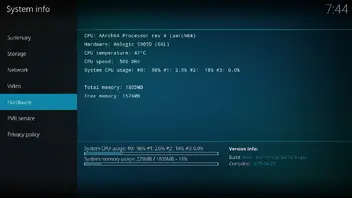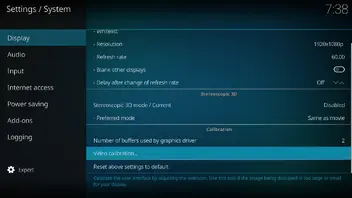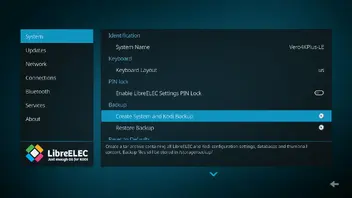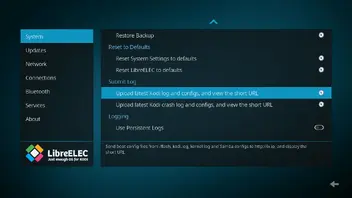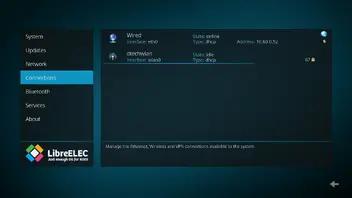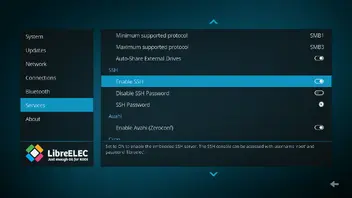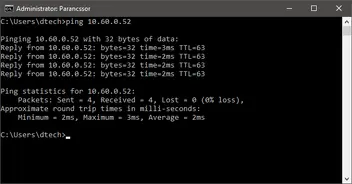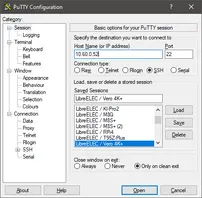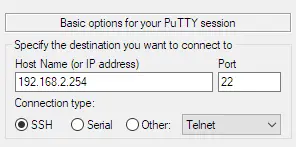Hi. Thanks for all your hard work. And now, finally, you've added Entware support—that's fantastic.
I have an M8 S802 box. For some reason I can't figure out, I can't get it to boot from a USB drive—no matter what I try, I always end up in recovery mode. The only option that works for me is "apply update from EXT." The only firmware that successfully installed this way was LibreELEC-Amlogic.arm-M8-7.0.2-update.zip from this link: https://mega.nz/folder/W0Qk2JI…folder/3ohmxIaJ.
Everything works well on that version, except for Wi-Fi (which I don't need anyway). After that, I can successfully update to your build, but then the LAN stops working. I've tried many of your firmware versions, including LibreELEC-k200-AP6330_2G.arm, but the result is always the same—non-functional LAN.
Any idea how to fix this?
The problem is that I need a dmesg or a pastekodi output to continue. If there is no LAN, then this is only possible by connecting to WiFi or with diagnostics under UART.
If neither of these is available, then a photo from here would be a good start: Settings -> System Information -> Hardware.